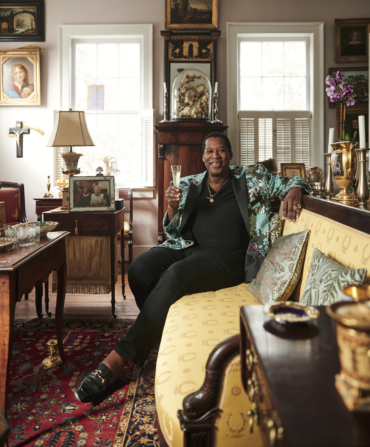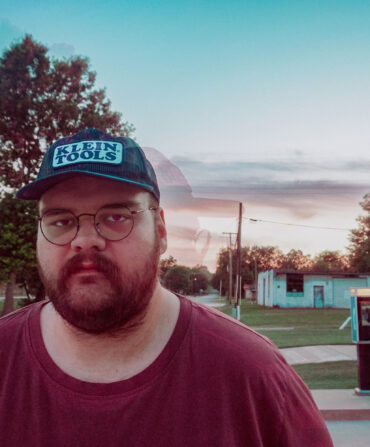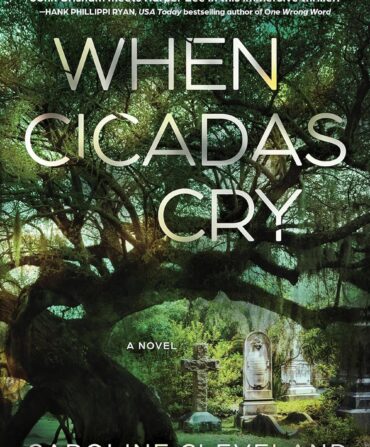For the past twenty years, a musical movement has been growing in Asheville, North Carolina. While famous cities like Nashville, Tennessee, and Muscle Shoals, Alabama, are known for their legendary recording studios, Asheville has emphasized something more pedestrian—quite literally. Traveling street performers—called “buskers,” who play everything from guitars to banjos, washboards, and spoons for a living—are pulled toward this Southern city and can be found everywhere from the corners of Pack Square to the sidewalk in front of Woolworth Walk.
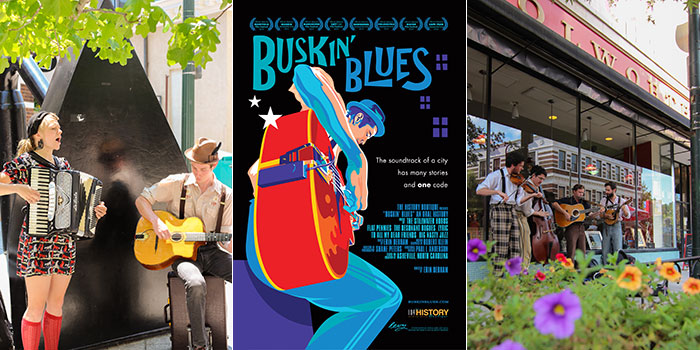
Photo: Erin Derham
From left: The Resonant Rogues; poster for the film by Asheville artist Joshua Marc Levy; The Stillwater Hobos.
“What is it about Asheville? It’s the same answer people give about moving here: Nobody quite knows what it is that brings so many creative people and so much energy,” says filmmaker and North Carolina native Erin Derham. “A lot of buskers have this vagabond traveling lifestyle. And they lean toward places that are really beautiful. Asheville is surrounded by mountains, water, and awesome weather.”
More answers from performers themselves can be found in Derham’s new film, Buskin’ Blues. Violinist Marc Hennessy credits Southern hospitality. “I’ve street-performed other places around the world and it can be difficult,” he says. “But in Asheville it seems like everybody’s friendly.”
The hour-long documentary introduces viewers to many of the singers, mandolin pickers, dancers, pianists, and even a didgeridoo player who call Asheville home, if only temporarily, and perform on its streets. It feels like both an oral history project and a nonstop concert, much like the way the city can often sound like an outdoor music festival.
Derham, who has worked as a filmmaker for PBS, researched the history of buskers and the struggles they face—from the ambivalence of passers-by to city ordinances that limit where, when, and how they can play. After spending nine months interviewing, filming, and editing for Buskin’ Blues, she learned that most performers favor a culture of self-regulation, limiting their own performance time to two hours so another musician can have a turn at an intersection.
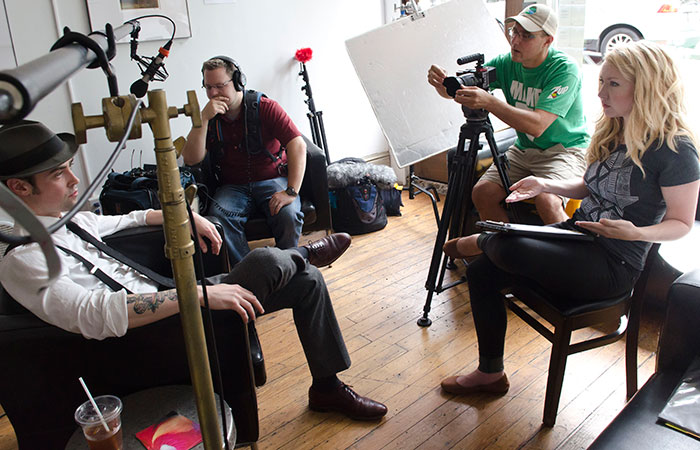
Photo: Paul Clark
Director Erin Derham, right, interviews pianist Andrew J. Fletcher for her film, Buskin’ Blues.
“In other music cities, everyone’s competing,” Derham says. “It’s not like that in Asheville. Everybody’s trying to lift up the scene together.”
Buskin’ Blues is currently screening at festivals worldwide, including this week’s Macon Film Festival in Georgia and the Charlotte Film Festival in North Carolina September 25 through October 3.
Buskin Blues Trailer 1 from Erin Derham on Vimeo.
More screening dates and details about possible distribution will be released soon, Derham says. In the meantime, stop to linger when you see a street performer. And perhaps share a smile or a tip.
“A lot of buskers feel under-appreciated,” Derham says. “They shouldn’t. People see them every time they go out. They might be in a rush, but hearing music on the street changes their perception every day.”


